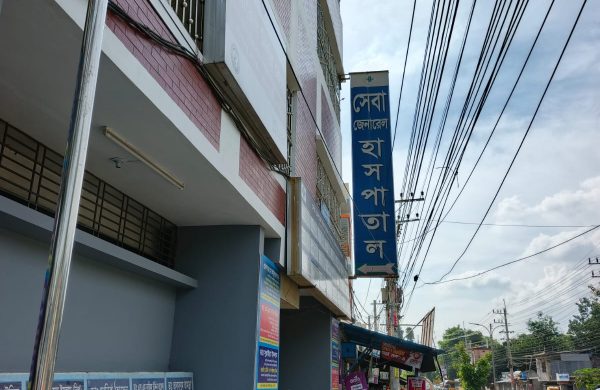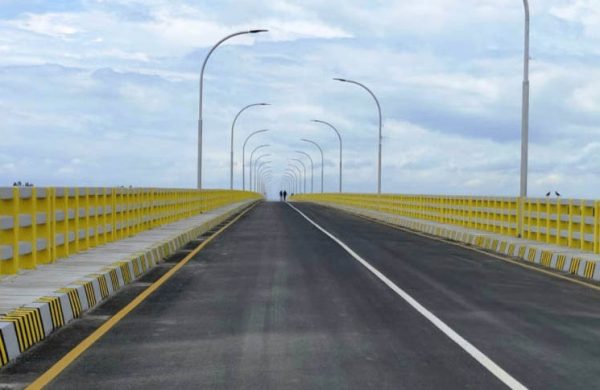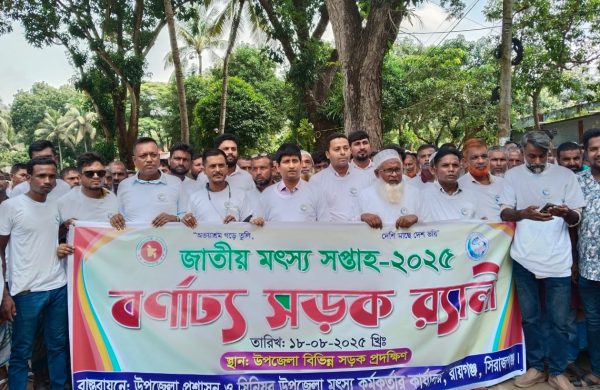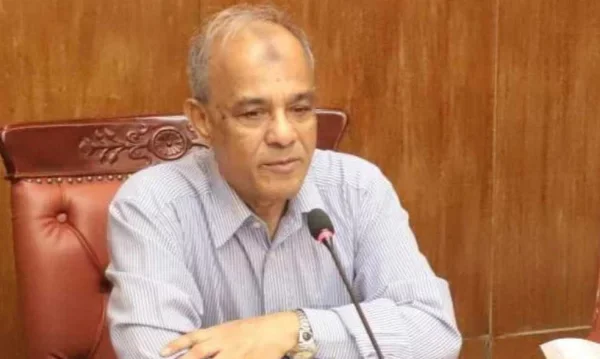Implement SC directives to stop arbitrary arrest, torture in remand: PRC
- Update Time : Saturday, January 18, 2025

TDS Desk:
The Police Reform Commission (PRC) has suggested implementing the apex court directives to stop policemen making arbitrary arrests under section 54 of the CrPC on suspicion and torturing arrestees on remand.
“The PRC has recommended to take effective measures to immediately implement the directives of the Appellate Division of the Supreme Court (SC) about arrest, search and interrogation [8 SCOB (2016) AD],” said PRC Chairman and former home secretary Safar Raz Hossain while presenting its report to Chief Adviser Professor Muhammad Yunus at his Tejgaon office here on Wednesday.
Furthermore, the appeal for reconsideration of the said judgment of the Appellate Division filed by the state may be withdrawn or expedited, the PRC proposed.
“If necessary, the relevant laws and rules and regulations, including the Code of Criminal Procedure, may be amended in light of it,” the PRC report stated.
Earlier on May 24, the SC in 2016 upheld the High Court verdict that issued some directives regarding arrest on suspicion, torture during police interrogation and search, with some modifications and guidelines.
The directives include no police officer shall arrest a person under section 54 of the CrPC,1898 for the purpose of detaining him/her under section 3 of the Special Power Act, 1974.
In another directive, the SC said that a police officer shall disclose his identity and if demanded shall show his identity card to the person arrested and to the persons present at the time of arrests.
The police officer shall furnish the reason for arrest to the person arrested within three hours of bringing him in the police station, it also said.
If the person is not arrested from his residence or place of business, the police officer shall inform the relatives of the arrestee over phone or through a messenger within one hour of bringing him/her in the police station, it added.
One of the SC directives also said an accused must be interrogated by the investigation officer in a prison room, instead of a police interrogation cell, until the cell has a glass wall or a wall with grilles on one side to make the accused visible to the lawyers or relatives.
A person arrested under section 54 cannot be placed on police remand for interrogation without any nod of the metropolitan sessions judge or the district and sessions judge.
Following the SC directives and the outcome of the public survey conducted by the PRC, the Commission put forth 10 proposals to address the issues of arbitrary arrest, interrogation in police remand and search.
The proposals include there must be a separate interrogation room with a clear glass partition in every police station for the interrogation of the detained person or the accused taken on remand.
The PRC recommended to increase the cleanliness of the police station and court custody under the supervision of the police and to improve the quality of human services in the vehicles used to bring and take prisoners to and from the court.
The female accused should be interrogated in the presence of a woman police officer with sufficient decency, it stated.
If the police officer refuses to identify himself during the search or if there is no search warrant, an emergency call service can be launched under the provisions of citizen security for emergency communication, it continued.
If there is no proper list of seized goods and if the search operation seems suspicious, an emergency call service can be launched along with the Deputy Police Commissioner/District Superintendent of Police in the metro area to immediately inform, it remarked.
Every member of the law enforcement force must wear a vest/clothing with GPS tracking system and video recording device (body-worn-camera) while conducting the operation, the PRC suggested.
In case of house search at night (between sunset and sunrise), the presence of an Executive Magistrate/Local Government Representative/Local Eminent Person must be ensured, it opined.
Registration of cases and receipt of FIRs and investigation in the police station should be strictly monitored by the Circle Officer or Superintendent of Police, it mentioned.
Any person not in the FIR cannot be arrested without a court order by submitting the case diary to the court, it said.
















